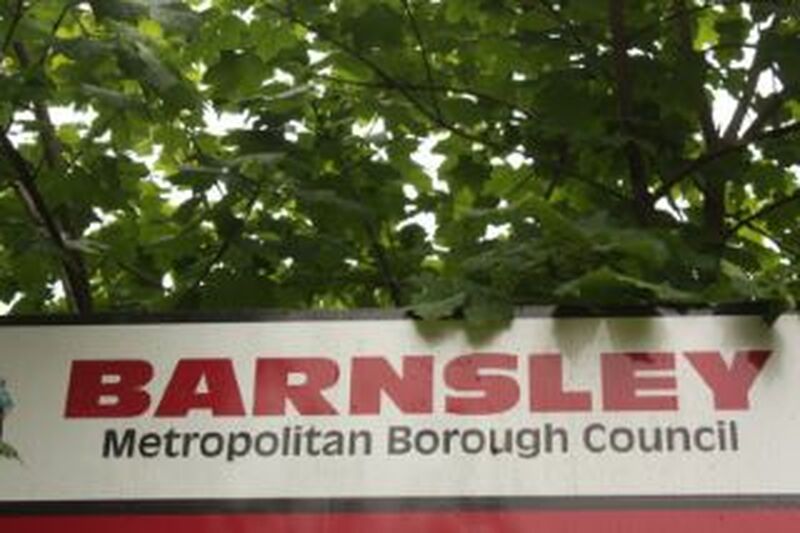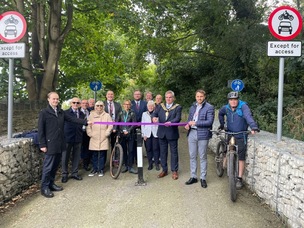BARNSLEY Council bosses are expecting to spend £23m more than anticipated over the next year - but they’re confident they won’t go ‘bankrupt’ unless there are any ‘unanticipated shocks’.
At this week’s cabinet meeting, councillors discussed the financial pressures they are facing.
Despite the extreme financial challenges the local authority, and other across the country are facing, bosses have reiterated there are currently no concerns regarding a section 114 notice being issued - effectively placing the council in bankruptcy.
A report states: “Much has been said in the national press and elsewhere on the state and future of council finances.
“This has been exacerbated by the rise in the number of councils going ‘bankrupt’ or issuing Section 114 [S114] notices - Birmingham, Croydon, Slough, Woking, Nottingham have all issued S114 notices in the last 12 months and the list goes on.
“Whilst technically councils cannot go bankrupt, the impact for those places and residents is bleak.
“Government appointed commissioners deciding local policy and priorities, arbitrary and unplanned reductions to services that people rely on the most, excessive council tax rises of ten per cent or more, compulsory redundancies and the rest.
“Barnsley Council is not yet in the position that some of those councils find themselves in, and whilst the council has had to deliver services in incredibly challenging circumstances, it has maintained its reputation for being financially well managed.”
Bosses have said their ability to manage finances well has afforded them some ‘space’ - but admitted that the pressures are rising.
“As a consequence of the continued high levels of service demand and the rising cost of delivering services to the quality that the people of Barnsley deserve and have come to expect, together with a local government funding system that provides insufficient funding to address these pressures, the council spent £10m more than originally anticipated in 22/23, with the forecast pressure for this year anticipated to be in the region of £23m,” the report added.
“The council has been well managed over several years - despite continued funding cuts and a government policy of increasingly shifting the burden for paying for universal services to local taxpayers.
“It has been able to call on reserves to balance the books over this period.
“As people will know too well with their own savings, this is not sustainable in the longer term because once those reserves have been used, they are gone.”
Work is ongoing to ensure the council’s ongoing financial sustainability, which in a separate report revealed could face a ‘major threat’ - but any unanticipated shocks would give the council further ‘tough decisions’.
“Having already delivered £130m per annum savings over the past decade and with no end in sight to the ongoing cost pressure and funding position, there is a limit to what this approach can continue to achieve,” the report said.
“Indeed, if there are any further unanticipated shocks to the global economy - Covid, wars etc - there is little by way of headroom to cushion the blow, meaning potentially even more tough decisions than were seen during the decade of austerity.
“Therefore, as we have seen with other councils and unless there is a change in government and the approach to funding distribution, there will be difficult choices and decisions that may have to be made.
“These include but are not limited to increases in council tax, increases to housing rents, introducing or increasing charges for discretionary services, stopping or paring back discretionary services that people rely on the most and disposing of underutilised assets within our communities.”




























